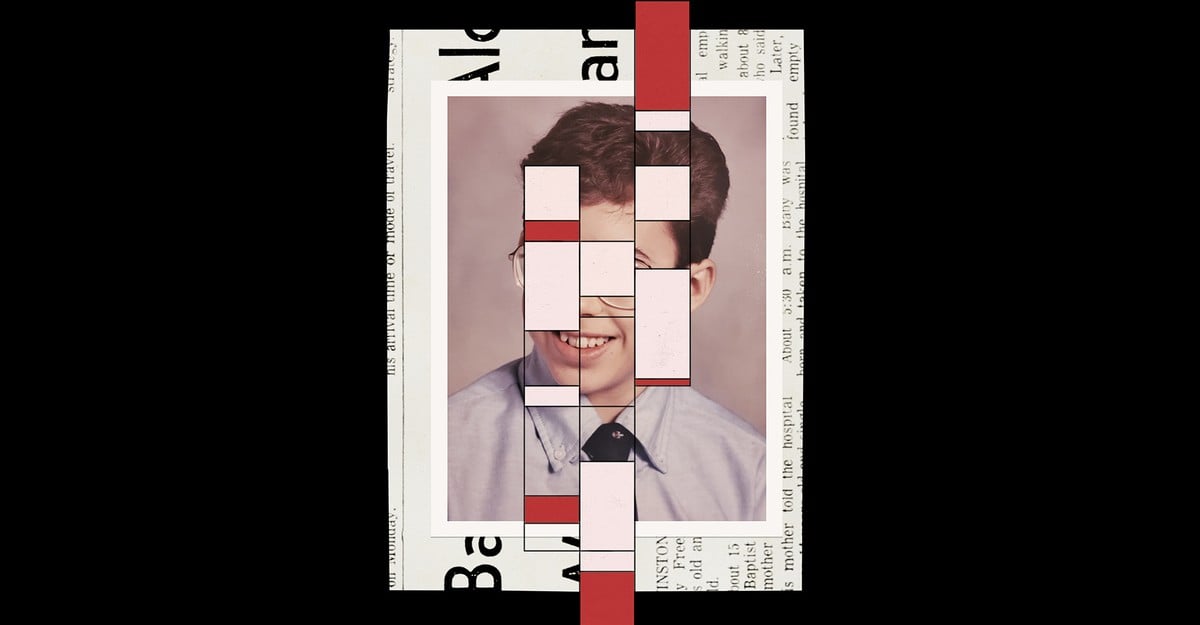The geneticist Jim Wilson, at the University of Edinburgh, was shocked by the frequency he found in the U.K. Biobank, an anonymized research database: One in 7,000 people, according to his unpublished analysis, was born to parents who were first-degree relatives—a brother and a sister or a parent and a child. “That’s way, way more than I think many people would ever imagine,” he told me. And this number is just a floor: It reflects only the cases that resulted in pregnancy, that did not end in miscarriage or abortion, and that led to the birth of a child who grew into an adult who volunteered for a research study.
Most of the people affected may never know about their parentage, but these days, many are stumbling into the truth after AncestryDNA and 23andMe tests.



What? If I met only 1 new person every month for my entire life, I’d meet 1000 people before 85 years. If I only met 1 new person a week, I’d meet 1000 people before I turned 20. I’m a goddamn hermit, but I still rarely go more than a week without meeting someone new, and when I meet new people it’s often more than 1.
I’ve already met people who later died in in traffic accidents, so what the fuck are you talking about?